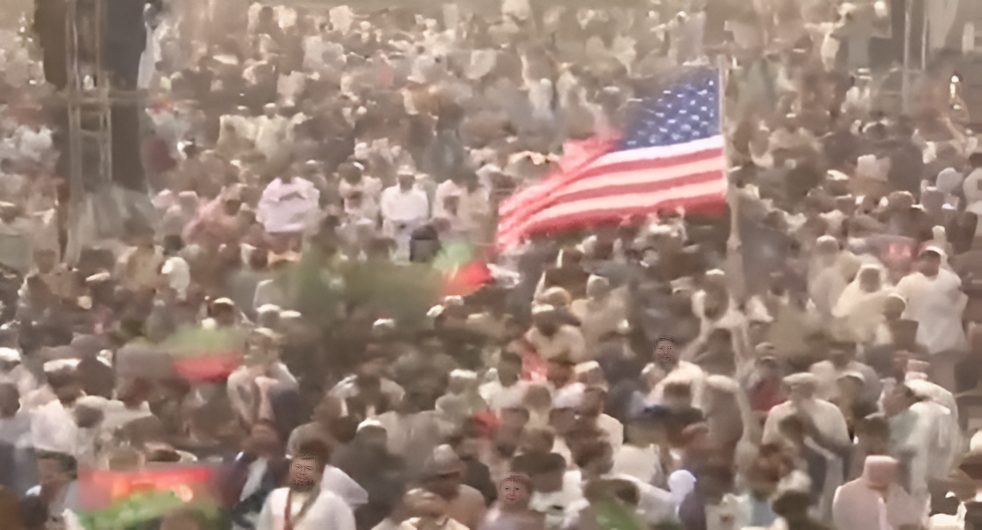Lately, Pakistan Tehreek-e-Insaf (PTI) has taken a surprising turn in its political strategy. A party that once shouted slogans like “Absolutely Not” against American influence is now looking for support from American politicians. This sudden shift raises big questions about PTI’s consistency and how this might affect Pakistan’s reputation.
Reports show that PTI supporters living abroad are asking U.S. lawmakers to post messages supporting Imran Khan. They believe this will help gain international sympathy for their leader. But this also shows a clear contradiction. PTI has always accused the U.S. of interfering in Pakistan’s matters. So why are they now asking for help from the same country they blamed?
This strategy can harm Pakistan’s image. Asking foreign politicians to comment on Pakistan’s issues makes it look like the country cannot handle its own problems. These posts and statements, often shallow and political, do not truly understand Pakistan’s complex political and legal systems. Instead of helping, such moves hurt Pakistan’s reputation on the world stage.
Think about it: Would American politicians accept foreign interference in their own issues? Imagine if a Pakistani official publicly supported someone caught in a U.S. legal case. The American media and politicians would strongly object. Why, then, should it be acceptable for PTI to invite similar interference in Pakistan?
PTI’s shift from opposing American “control” to seeking American approval shows deeper issues within the party. For months, they claimed the U.S. was behind a plot to remove Imran Khan. Now, they are asking the same country for support, which only highlights the inconsistencies in their actions.
This behavior also comes at a time when Pakistan faces many challenges. The economy is struggling, politics are divided, and the country’s reputation is shaky. By involving foreign politicians, PTI risks isolating Pakistan further. Many nations that value independence might see this as Pakistan losing its self-respect.
What’s worse is that this move seems more about gaining quick political points than solving real problems. While asking for U.S. support might boost morale for PTI supporters, it doesn’t help fix the bigger issues Pakistan faces. Leaders should focus on real solutions, like improving governance, strengthening the economy, and building better institutions, instead of seeking attention abroad.
Social media has played a big role in amplifying these efforts. Posts from U.S. politicians are celebrated by PTI supporters as victories. But these posts often have no real impact on U.S.-Pakistan relations. They are mostly symbolic and add fuel to online arguments instead of bringing meaningful change.
Protecting Pakistan’s dignity and independence is the responsibility of all political leaders. Partnerships with other countries should be built on respect and cooperation, not on desperate lobbying. PTI needs to reflect on its mixed messages and focus on strategies that truly benefit Pakistan.
Pakistan’s political scene needs to move past blame games and empty slogans. The country’s future depends on leaders who can handle tough global challenges with honesty and wisdom.
Asking for foreign support, especially from a country PTI previously accused of meddling, shows weakness, not strength. It’s time for all political parties to prioritize Pakistan’s unity, stability, and progress above their personal interests.


